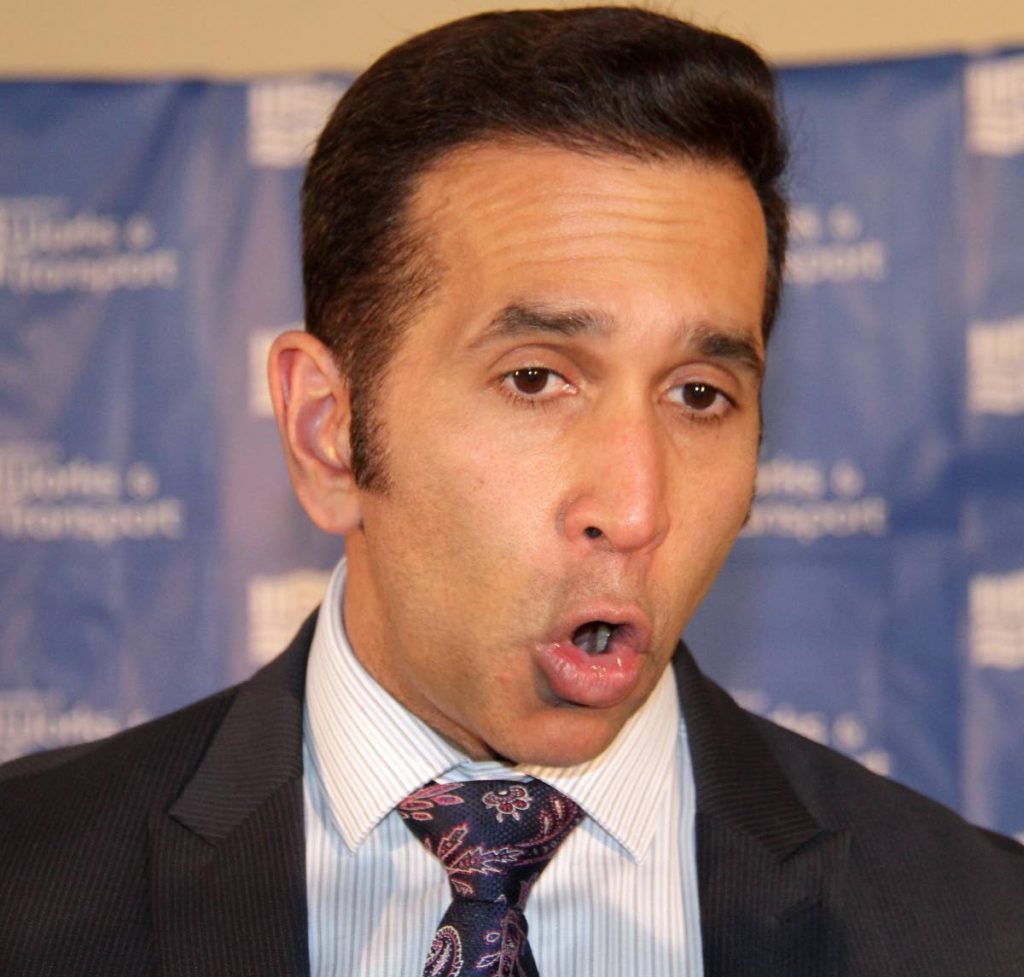Whistleblower bill in House tomorrow

ATTORNEY General Faris Al-Rawi will begin debate on the Whistleblower Protection Bill 2018 in the House of Representatives, when it sits at Tower D of the Port of Spain International Waterfront Centre from 10 am tomorrow.
In the September 2015 general election campaign, this bill was described by the People’s National Movement as one of several key pieces of legislation to combat corruption. Its objective is to encourage and facilitate disclosure of improper conduct in the public and private sector.
The bill also seeks to protect people making such disclosures from detrimental action. Disclosures are protected under the law if they are made in good faith and not for personal gain and if the whistleblower reasonably believes the information disclosed is substantially true.
Disclosures are not protected if the whistleblower “knowingly or ought to have known that the information that was disclosed was false.” Under Clause Seven of the bill, a disclosure by an MP does not constitute a breach of parliamentary privilege.
A criminal offence, failure to carry out a legal obligation and an act of reprisal against a whistleblower are some definitions of improper conduct under the bill.
Anyone who prevents someone from making internal or external disclosures will incur a $15,000 fine and two years’ imprisonment on summary conviction. On conviction on indictment, the penalty for this offence is $50,000 and ten years imprisonment.
Obstructing whistleblowing personnel in the course of their duties results in a $15,000 fine and two years’ imprisonment on summary conviction. There is also a $30,000 fine and five years’ imprisonment, on summary conviction, for falsifying or destroying documents relevant to a disclosure.
Clause 14 of the bill allows for the creation of whistleblower units in various designated authorities, such as the Elections and Boundaries Commission, Police Service, Integrity Commission, Central Bank and the Director of Public Prosecutions. ‘Clause 29 of the bill gives the national security minister power to bring regulations to Parliament for affirmative resolution to bring the Whistleblower Act into effect.
Al-Rawi introduced the bill in the House on April 9, 2018. The legislation requires a three-fifths majority for passage in the House and Senate because it is inconsistent with Sections Four and Five of the Constitution.
This equates to 25 votes and 19 votes in the House and Senate, respectively.
In the House, the Government has 23 MPs and the Opposition has 18. In the Senate, the Government’s 15 senators will need to get four votes from either the six Opposition senators or the nine Independent senators to pass the bill.


Comments
"Whistleblower bill in House tomorrow"